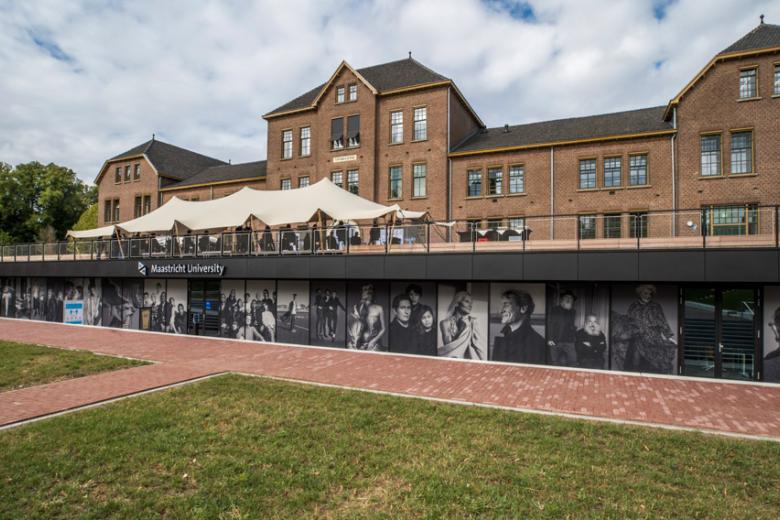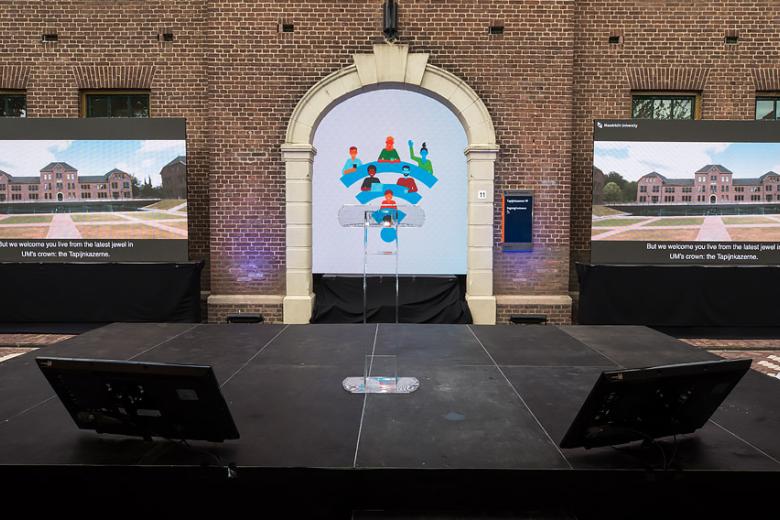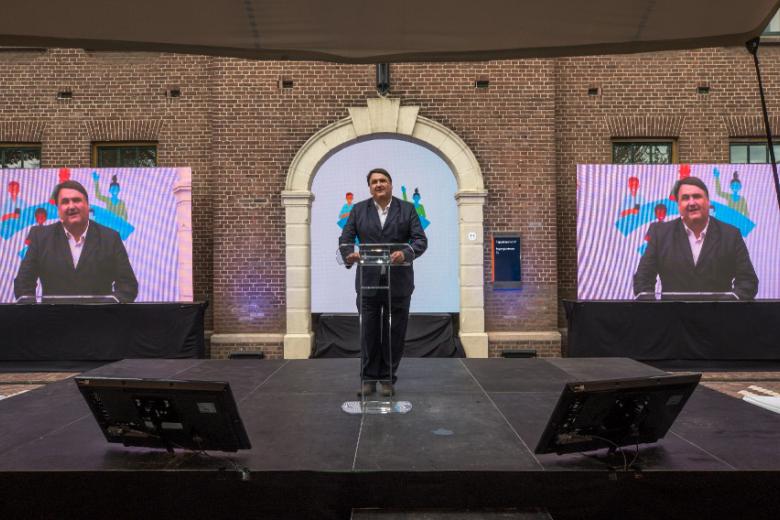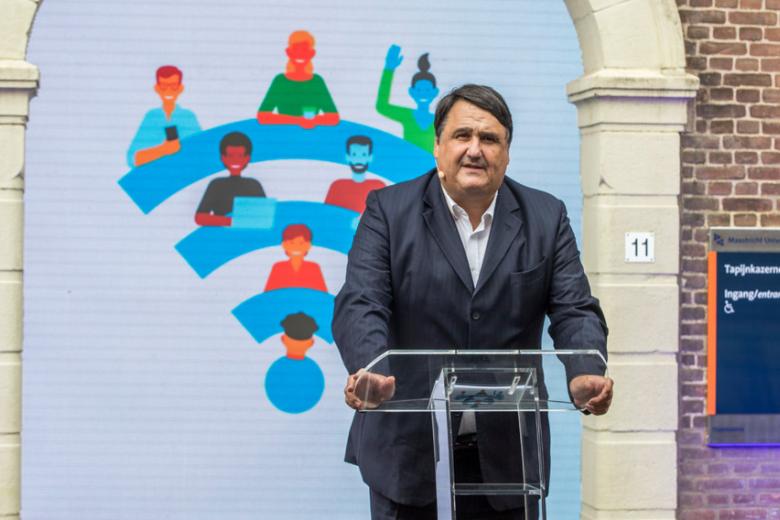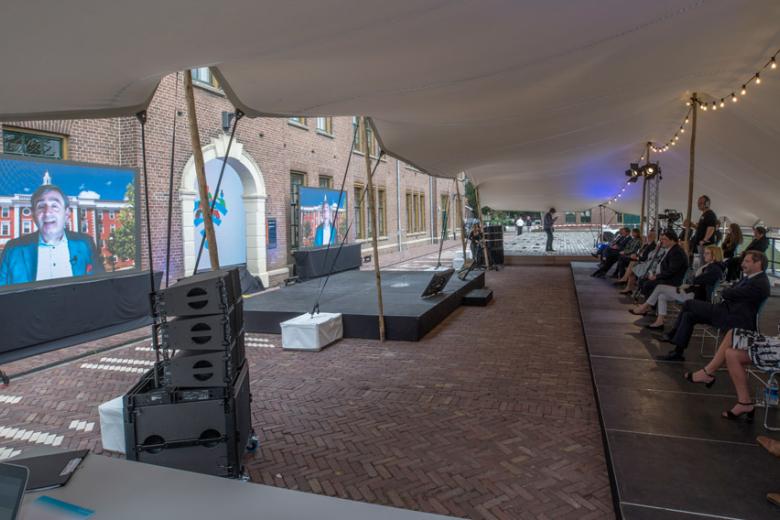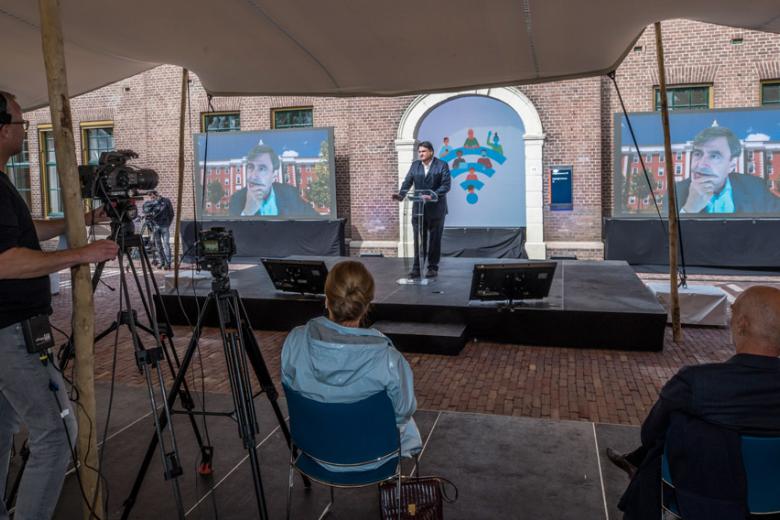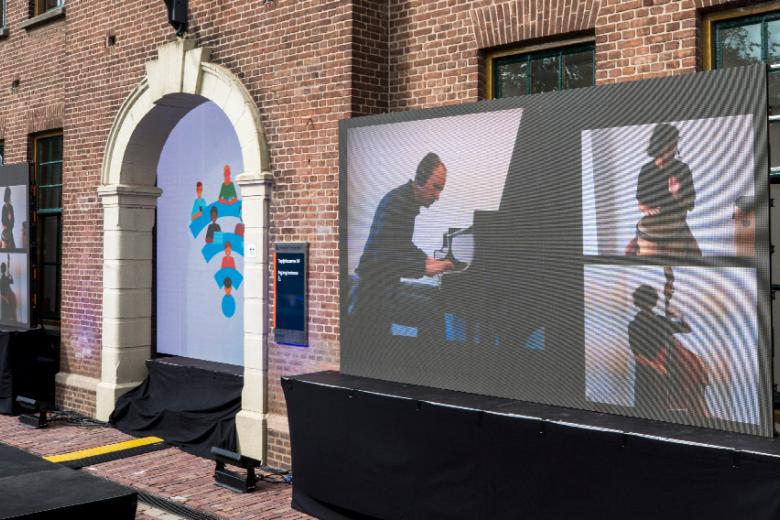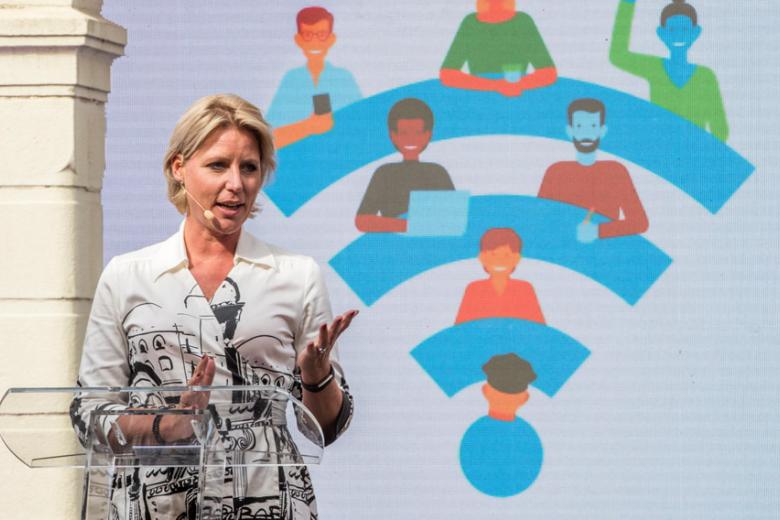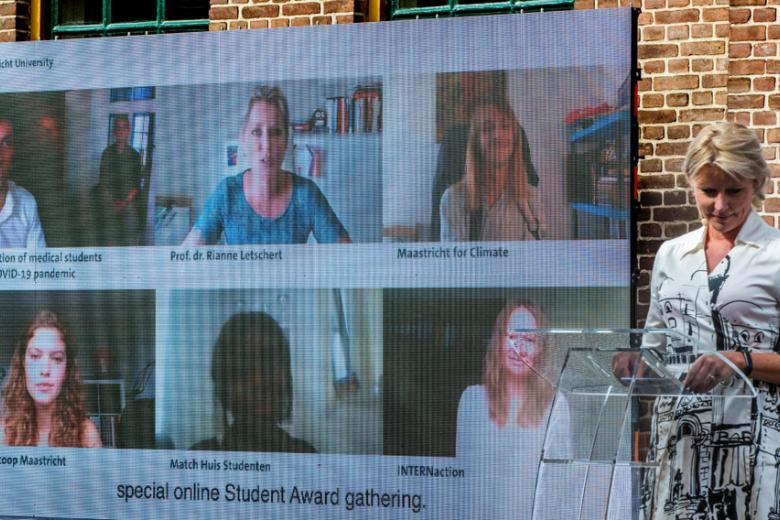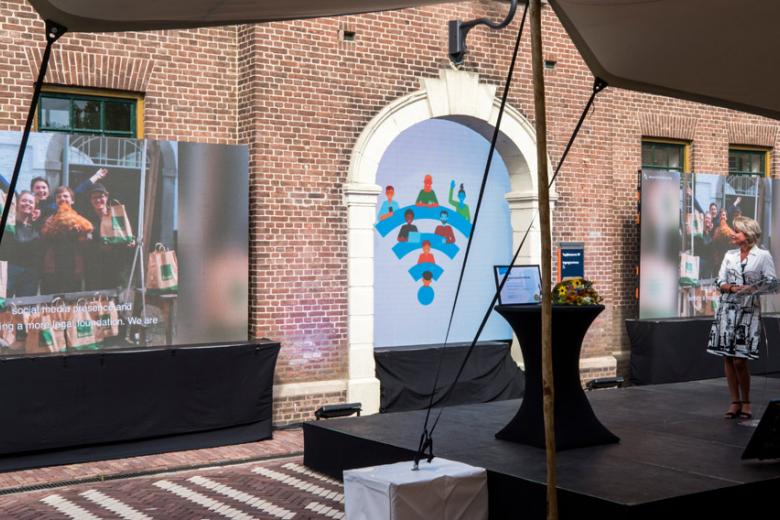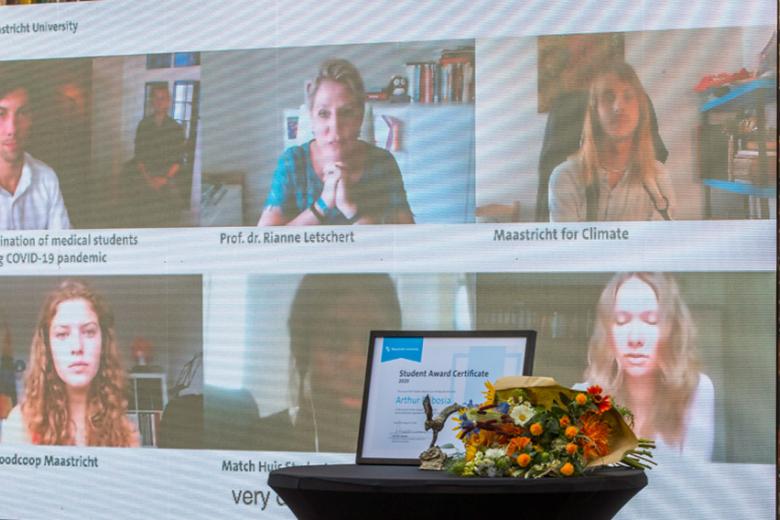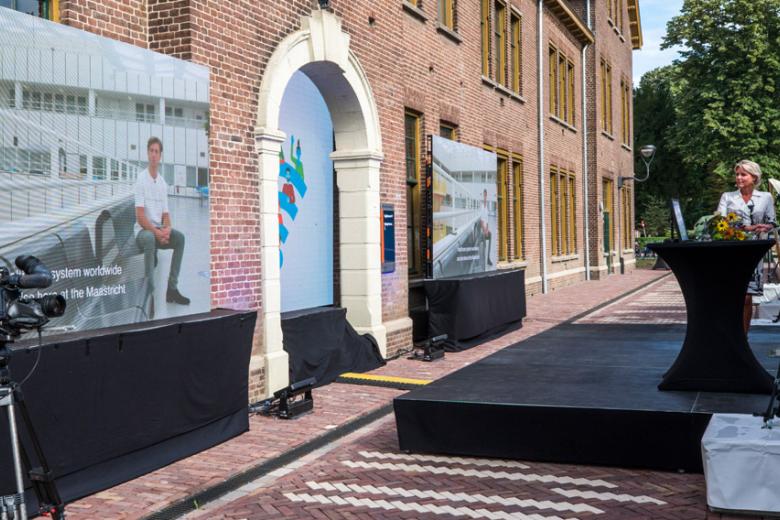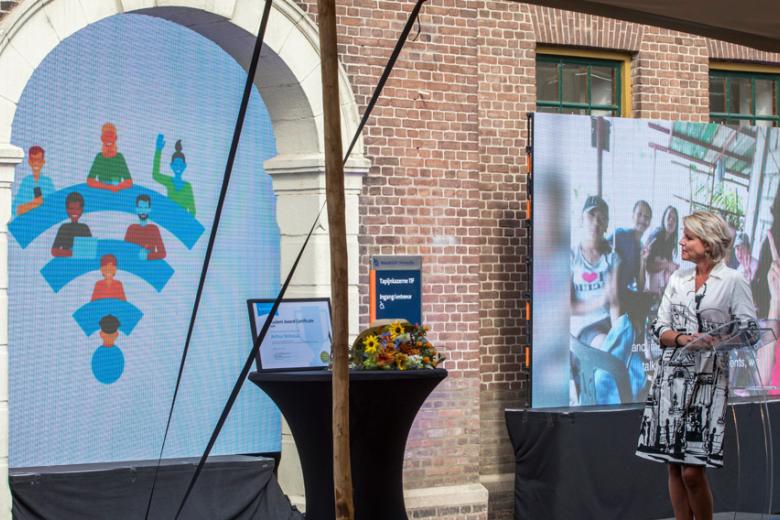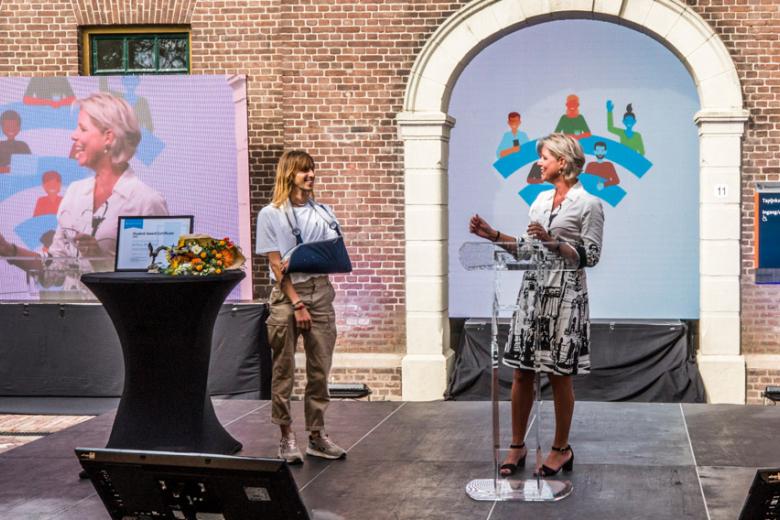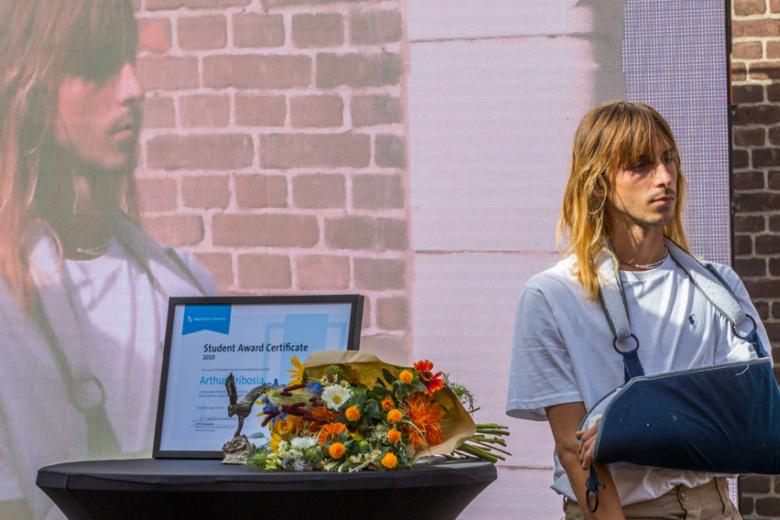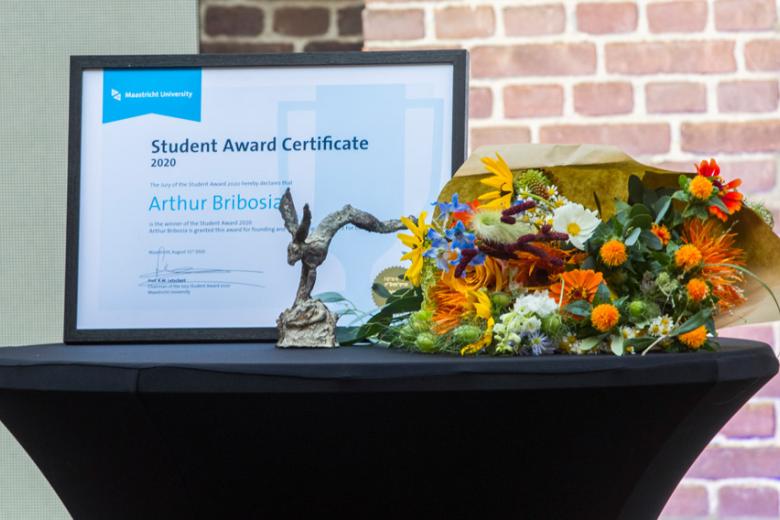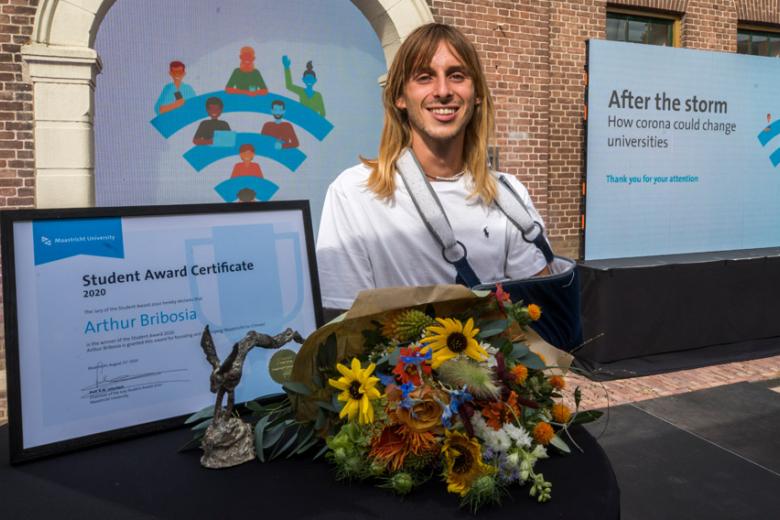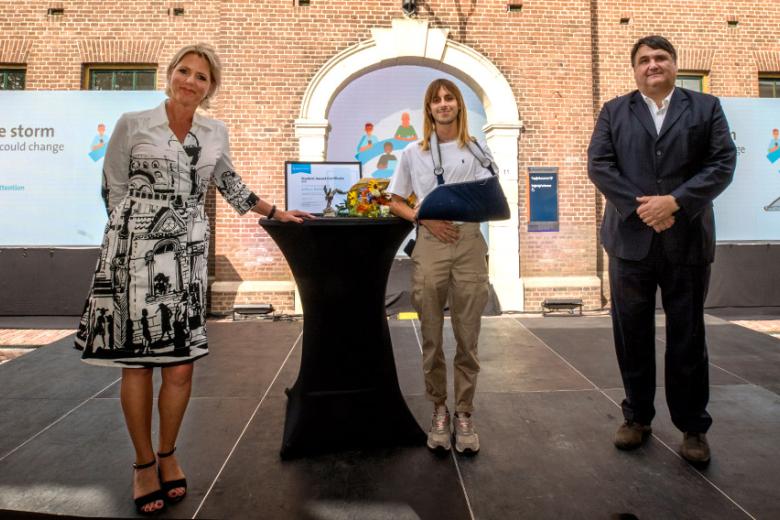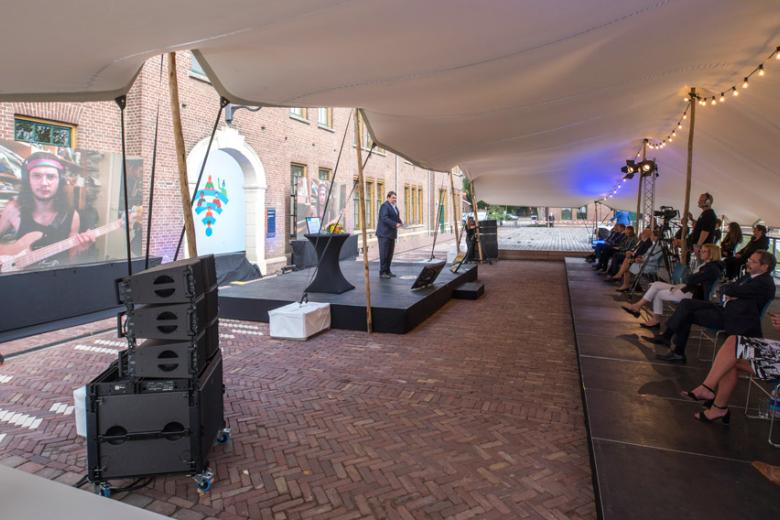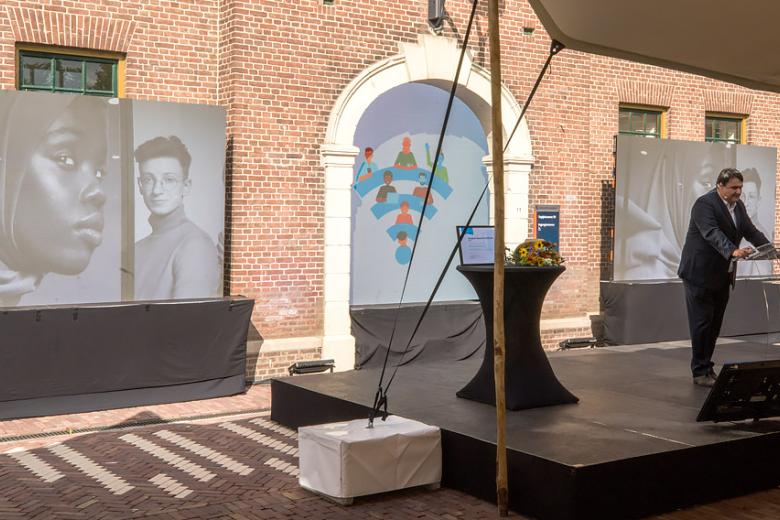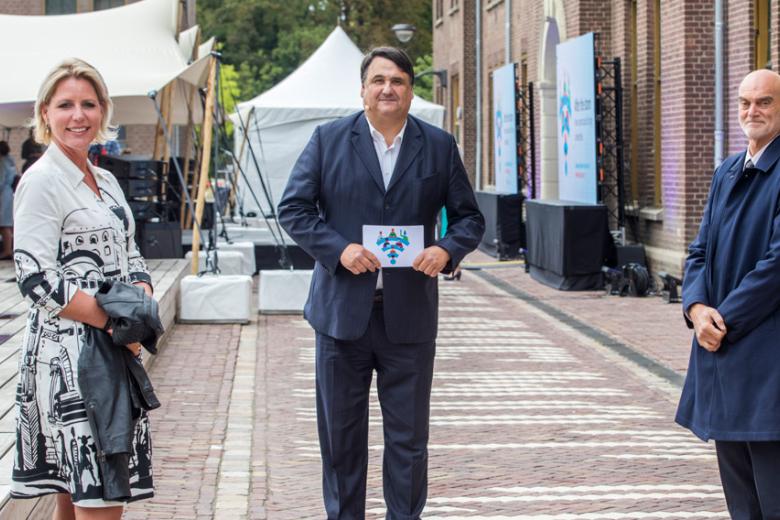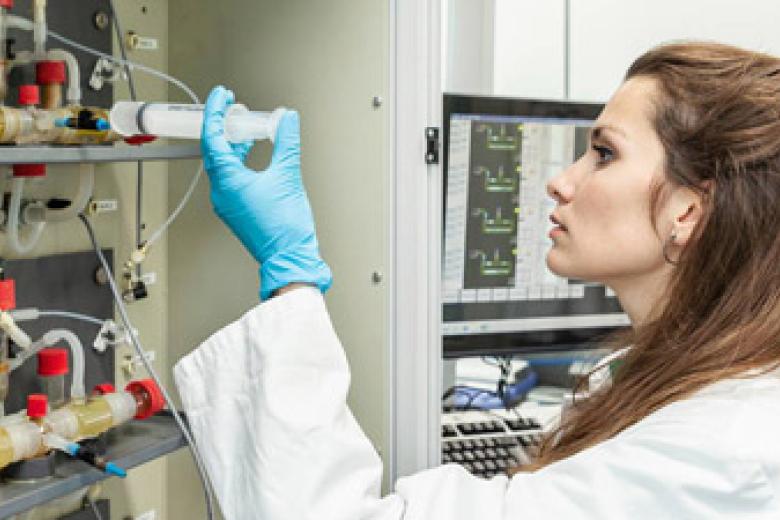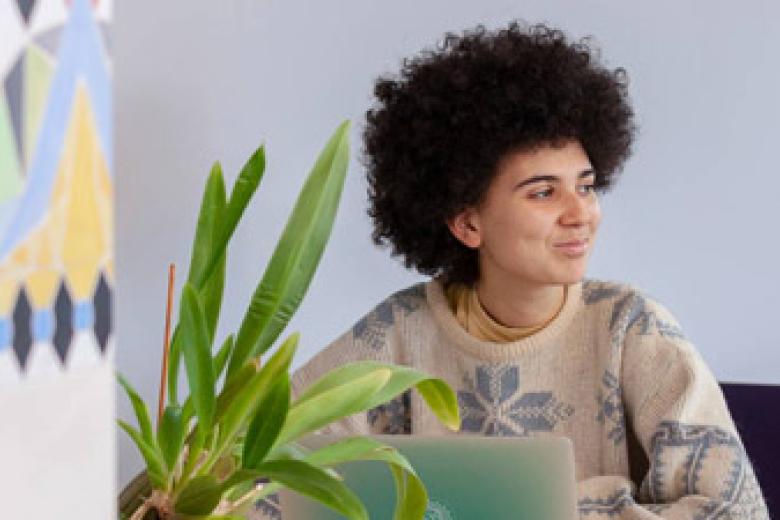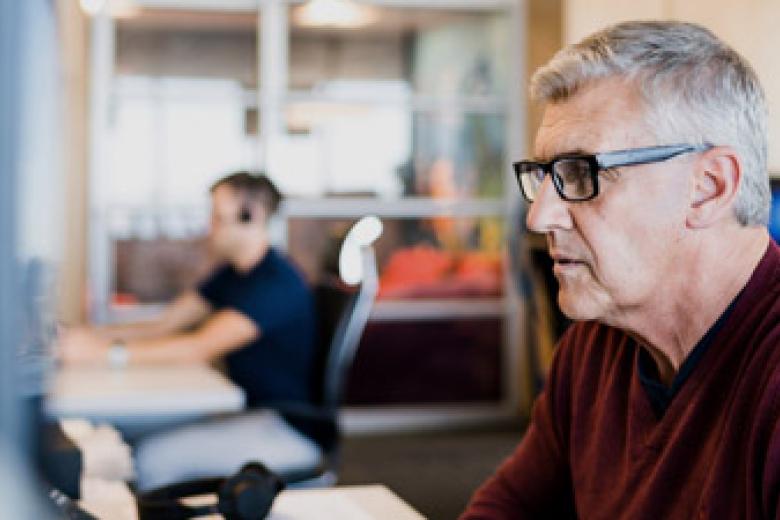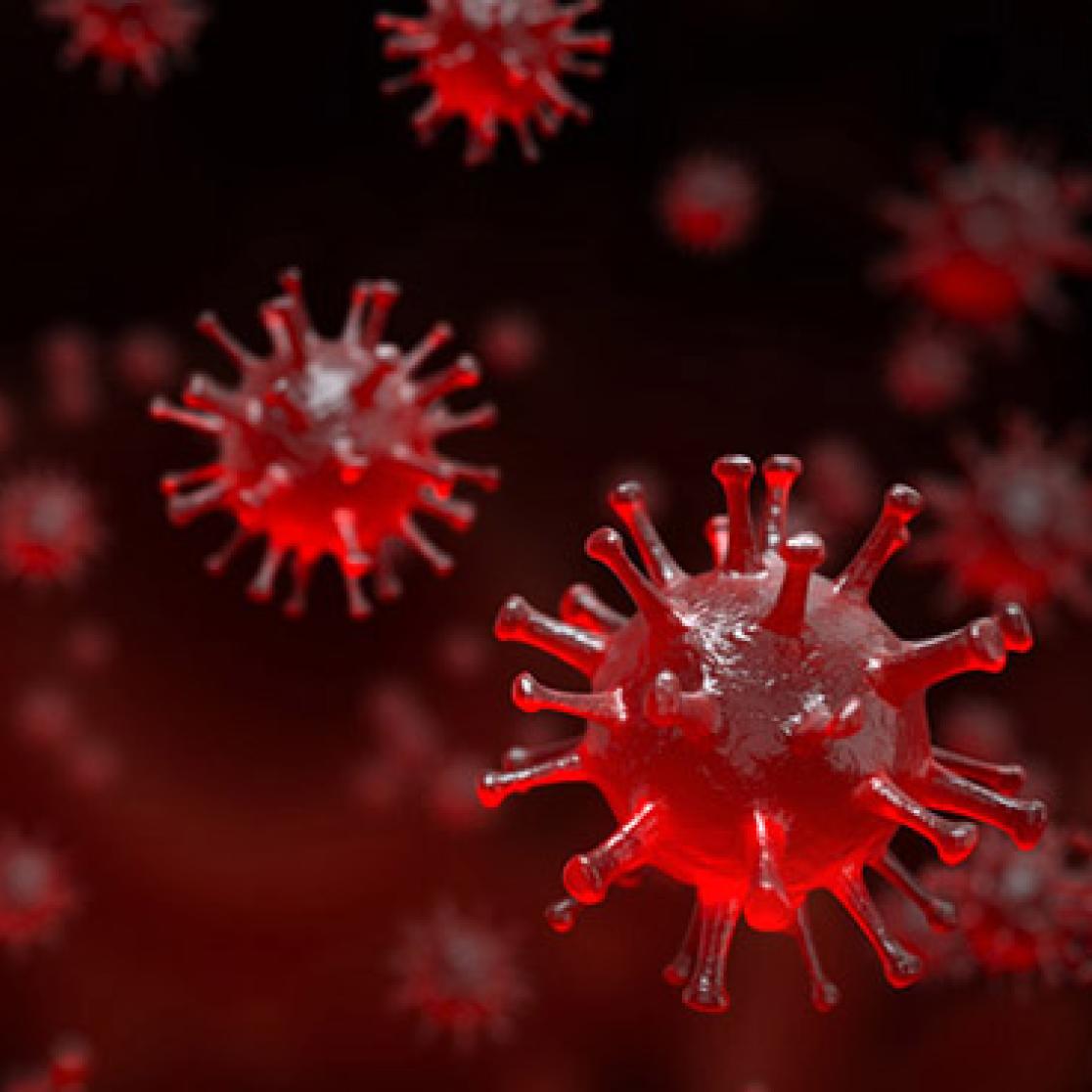The coronavirus crisis has had a great impact on UM research. Research with human subjects, for example, has been halted and many academics experience bottlenecks caused by extra online teaching duties, care duties and limited facilities for work at home. PhD candidates and postdocs (academics with temporary contracts), in particular, are faced with problems. Delays in ongoing and new research can have serious consequences for the careers of this vulnerable group of young scientists. UM understands this difficult situation and, in an endeavour to mitigate the impact as far as possible, has developed a plan with a range of potential solutions.
Here you will find all COVID-19 related information for employees.
Development
The Executive Board, Management Team, Research platform (associate deans, research), PhD Platform, Maastricht Young Academy and the Recognition & Rewards research committee were involved in the development of the plan. The terms of reference of organisations including the Association of Universities in the Netherlands, Dutch Federation of University Medical Centres (NFU), Netherlands Organisation for Scientific Research (NWO), Netherlands Organisation for Health Research and Development (ZonMw), PhD candidate Network of the Netherlands (PNN) and POSTDOCNL were taken into account, as well as national and international developments including the new system of Recognition & Rewards.
Potential solutions
The plan, with solutions for the problems of UM PhD candidates and postdocs, consists of a framework for customisation in arriving at the most suitable solution or solutions for rounding off the research as far as possible in the available time and with the available resources. This customisation is necessary for all PhD candidates, irrespective of whether they are in employment with UM. This can be achieved by revising the content of research projects and, where possible, adjusting expectations (without lowering quality standards). This is in line with the new system of Recognition & Rewards and the DORA principles. Implementing one or more of these options will be insufficient to resolve the delay in some research projects. Absorbing these delays by extending the contract is possible. A contract extension, where relevant a one-off extension, is intended for those cases in which the ongoing research suffers a delay due to the coronavirus crisis and a revision of the research plan and adjustment of the expectations are inpossible and, consequently, it will not be possible to complete the research in the original term of the contract.
The plan also includes a standard decision-making procedure designed to arrive at the most suitable solutions. PhD candidates and postdocs who are confronted with bottlenecks and problems due to the coronavirus crisis can begin by contacting their supervisor/principal investigator for assistance in finding suitable solutions for their situation. The follow-on steps they may then need to take are detailed in the plan. The faculties will provide more information about the further roll-out of the plan in their facility in due time.
Read the full plan and the public summary.
